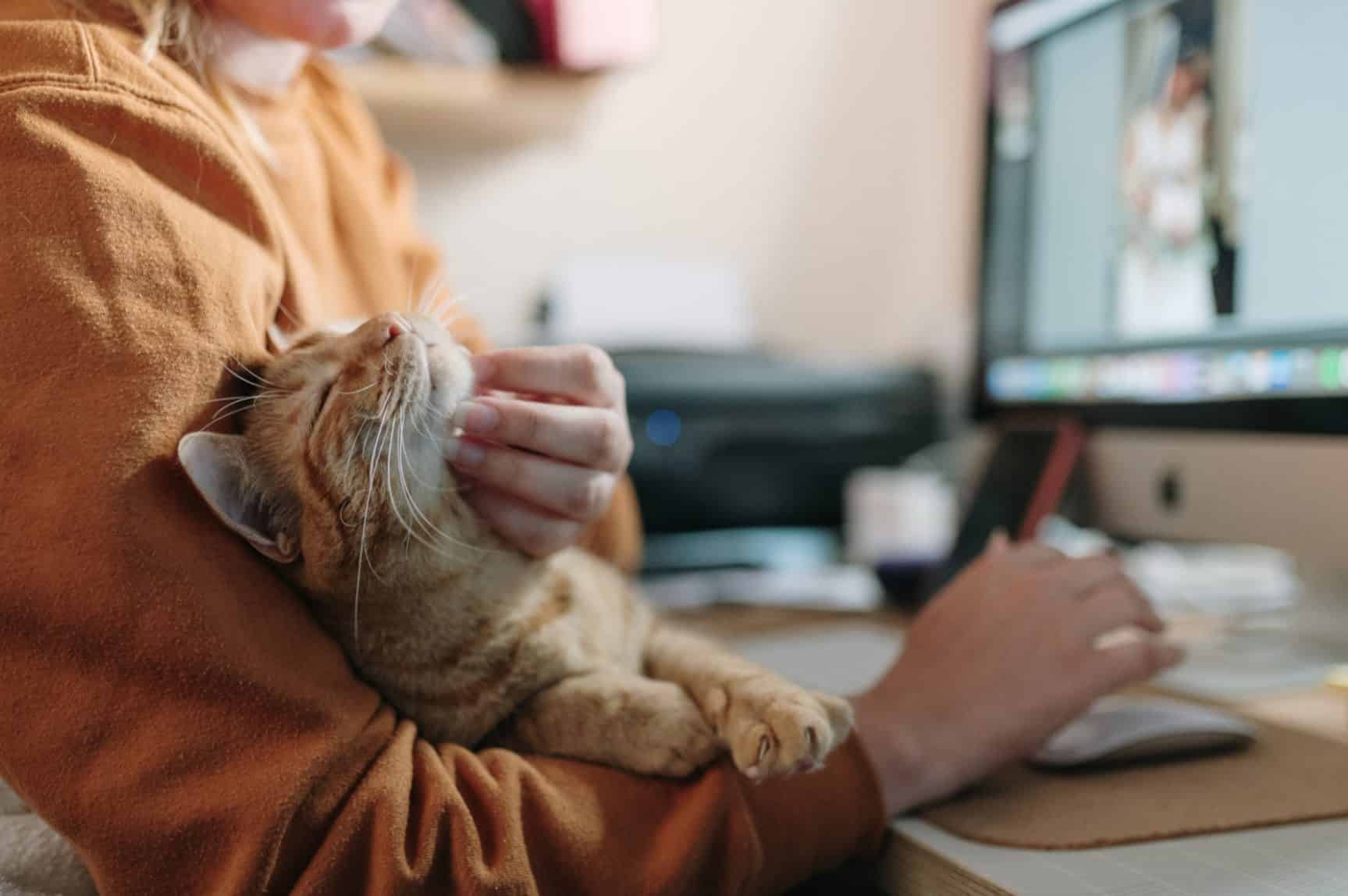to suggest
Cats have earned a special place in our hearts as beloved companions. Whether they are purring on our laps, chasing toys or just hanging out in a sunny spot, their presence brings comfort and joy to our lives. To ensure that your feline friend has a long and happy life, your health and well-being should be a priority. In this comprehensive guide, we explore every aspect of cat health and wellbeing, from diet and exercise to mental stimulation and preventive care.
Nutrition: The Basics of Cat Health
Good nutrition is the cornerstone of a healthy cat. Cats are obligate carnivores, meaning they require a diet rich in animal protein. When choosing cat food, choose high-quality products with meat as the main ingredient. Avoid foods with too many fillers and additives, as these can lead to obesity and digestive problems.
Remember to always have fresh, clean water available. Hydration is essential for kidney health, and some cats may benefit from wet food to increase water intake.
practice and play
Cats are natural hunters and physical activity is essential for their physical and mental health. Interactive toys, feather wands and laser pointers can stimulate their hunting instincts and keep them engaged. Make sure your cat has access to a scratching post to keep his claws healthy and relieve stress.
Creating a rich environment with climbing structures and hiding places encourages your cat to explore and stay active. Regular play not only keeps your cat healthy, but also strengthens the bond between you and your furry companion.
mental stimulation
A bored cat can turn into a naughty cat. Mental stimulation is just as important as exercise. Puzzle feeders, treat toys and spinning toys can keep cats focused and prevent behavioral problems such as excessive scratching or aggression.
In addition, consider setting up a bird feeder or giving your cat a windowsill so he can observe the outside world. For indoor cats, watching birds or passing cars is great fun.
Preventive healthcare
Regular visits to the vet are essential to detect and resolve any health problems early. Cats should be vaccinated against common diseases as recommended by your veterinarian. Talk to your vet about the best preventive care plan for your cat, including flea and tick prevention and dental care.
Spaying or neutering your cat not only helps control the cat population, but also reduces the risk of certain health problems and unwanted behaviors.
Security and identification
Keep cats safe by keeping them indoors or by providing a safe outdoor enclosure. When your cat goes outside, it should wear a collar with an identification tag that has your contact information on it. Chipping is an extra step that can help you find your cat if it gets lost.
finally
Caring for your cat’s health is a rewarding responsibility that will ensure your furry companion lives a happy and fulfilling life. By providing proper nutrition, exercise, mental stimulation, preventive care and safety measures, you can enjoy years of companionship with your beloved feline friend. Remember that every cat is unique, so tailor your grooming routine to their individual needs and preferences. A happy, healthy cat will bring joy and contentment to your home for years to come.
